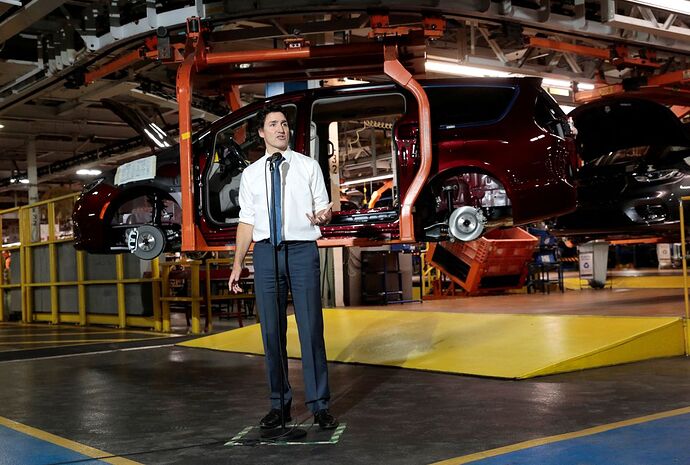Volkswagen, commonly known as VW, is a German multinational automotive manufacturing company that produces a wide variety of vehicles, including cars, trucks, and vans. Volkswagen’s headquarters are located in Wolfsburg, Lower Saxony, Germany, and the company has been producing vehicles since 1937.
History
Volkswagen was founded in 1937 by the German Labour Front (Deutsche Arbeitsfront) in an attempt to produce a budget car for the German people. The first Volkswagen vehicle was the Beetle, which was designed by Ferdinand Porsche.
During World War II, Volkswagen produced military vehicles for the German army, but after the war ended, the company was taken over by the British military government and handed over to the German government. Volkswagen began producing cars for civilian use again in 1945, and by the 1950s, the company had become one of the largest producers of cars in the world.
In the 1960s, Volkswagen introduced several new models, such as the Type 3 and the Type 4, which were well received by consumers. In the 1970s, the company began producing the Golf, which became one of the most popular cars in Europe.
In 1982, Volkswagen acquired the Spanish car manufacturer SEAT, and in 1991, the company acquired the Czech car manufacturer Skoda. In 1998, Volkswagen merged with the luxury car manufacturer Audi, and in 2012, the company acquired Porsche.
Current Operations
Today, Volkswagen produces a wide range of vehicles, including cars, trucks, and vans, under multiple brands, including Volkswagen, Audi, Porsche, Skoda, and SEAT. The company has factories in numerous countries around the world, including Germany, Brazil, Mexico, China, and the United States.
In recent years, Volkswagen has faced controversy over emissions testing, which has led to significant fines and legal action. In 2015, it was discovered that Volkswagen had installed software in its diesel engines to cheat emissions tests in the United States and Europe. The company has agreed to pay billions of dollars in fines as a result of the scandal.
Despite these controversies, Volkswagen remains one of the largest and most respected automotive manufacturers in the world. The company continues to produce innovative and popular vehicles, such as the Volkswagen Golf and the Porsche Taycan, which has received critical acclaim for its electric powertrain.
Environmental Commitment
In recent years, Volkswagen has made a significant commitment to reducing its environmental impact. The company has set a target to become carbon neutral by 2050 and has committed to transitioning to electric vehicles.
In 2020, Volkswagen introduced its ID.3 electric car, which has received positive reviews for its range and performance. The company plans to introduce several more electric vehicles in the coming years, including the ID.4 SUV.
Volkswagen has also committed to using renewable energy sources in its production facilities and has partnered with several renewable energy companies to achieve this goal.
Conclusion
Volkswagen has a long and storied history in the automotive industry. Despite the controversies it has faced in recent years, the company remains a leader in the industry, producing a wide range of innovative and popular vehicles.
With its commitment to reducing its environmental impact and transitioning to electric vehicles, Volkswagen is well-positioned to continue succeeding in a rapidly changing automotive market.
Disclaimer
6do Encyclopedia represents the inaugural AI-driven knowledge repository, and we cordially invite all community users to collaborate and contribute to the enhancement of its accuracy and completeness.
Should you identify any inaccuracies or discrepancies, we respectfully request that you promptly bring these to our attention. Furthermore, you are encouraged to engage in dialogue with the 6do AI chatbot for clarifications.
Please be advised that when utilizing the resources provided by 6do Encyclopedia, users must exercise due care and diligence with respect to the information contained therein. We expressly disclaim any and all legal liabilities arising from the use of such content.



















